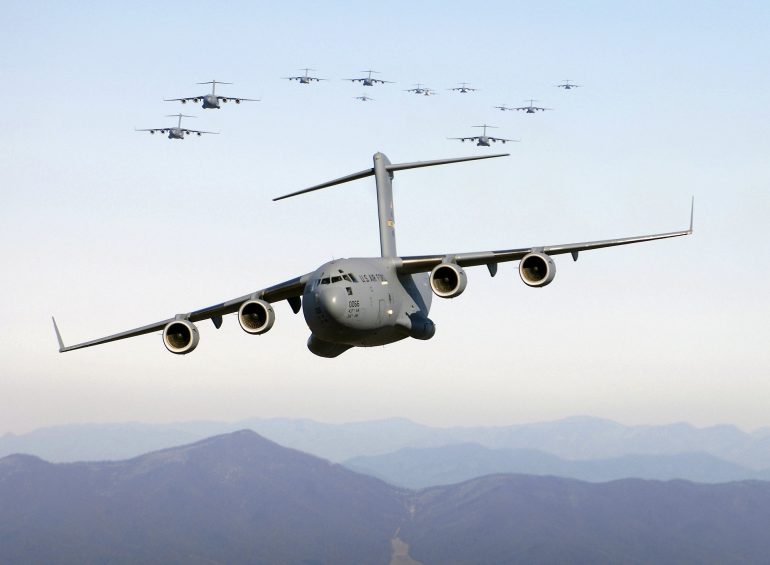- The Department of the Air Force is organizing roundtable discussions to explore the integration of generative AI in military operations.
- Sessions will involve industry and academia, focusing on responsible adoption and training methodologies.
- Generative AI, utilizing large language models, has potential across various media types.
- Despite initial skepticism, there’s growing interest in assessing its military applicability.
- Key discussion points include responsible deployment, agile adoption, personnel training, and transformative capabilities.
- Stakeholders are invited to contribute insights to shape the agenda of these discussions.
Main AI News:
In a bid to harness the potential of generative artificial intelligence (AI) within its operations, the Department of the Air Force (DAF) is spearheading a series of strategic roundtable discussions with key stakeholders from industry and academia. These sessions, organized by the DAF’s Office of the Chief Information Officer and Chief Data and Artificial Intelligence Office, aim to explore avenues for effective integration and responsible adoption of generative AI across Air and Space Force missions.
Scheduled over the coming months, the roundtables will cater to diverse audiences, including small businesses, large enterprises, and academic institutions. The overarching goal is to delve into various aspects of generative AI, ranging from ethical considerations to practical training methodologies for Air and Space Force personnel. A recent solicitation posted on Sam.gov outlines the scope of these discussions, emphasizing the need for collaborative engagement in navigating the evolving landscape of AI technologies.
Generative AI, a burgeoning subfield of artificial intelligence, holds immense potential in content generation across multiple domains, including text, audio, images, and more. As the Pentagon intensifies its focus on AI exploration and integration, initiatives like Task Force Lima have been instrumental in assessing the feasibility and impact of generative AI applications within military contexts.
Despite initial skepticism surrounding its military relevance, Secretary of the Air Force Frank Kendall has underscored the importance of evaluating generative AI alongside other AI technologies. This strategic shift in perspective has prompted the DAF to identify key focus areas for the upcoming roundtable discussions. These include responsible deployment strategies, agile adoption frameworks, personnel training protocols, and an exploration of generative AI’s transformative capabilities.
Central to the discourse are fundamental questions surrounding the immediate utility and long-term implications of generative AI. How can this technology enhance intelligence gathering, streamline operational workflows, and revolutionize traditional paradigms? What metrics should be employed to gauge the efficacy of generative AI implementations across diverse operational domains?
In a bid to solicit diverse perspectives, companies, and academic institutions are invited to contribute their insights by responding to a set of tailored questions under each focus area. With deadlines set for May, these submissions will inform the agenda of the forthcoming roundtable sessions, paving the way for collaborative innovation and strategic partnerships in the realm of generative AI adoption.
Conclusion:
The Department of the Air Force’s proactive approach to engaging industry and academia in discussions on generative AI adoption signifies a strategic shift towards harnessing emerging technologies. This initiative not only fosters collaboration but also underscores the growing significance of AI integration across diverse operational domains. For the market, it suggests opportunities for innovation and partnership, with implications for technology development, training solutions, and strategic planning in AI-driven environments.

